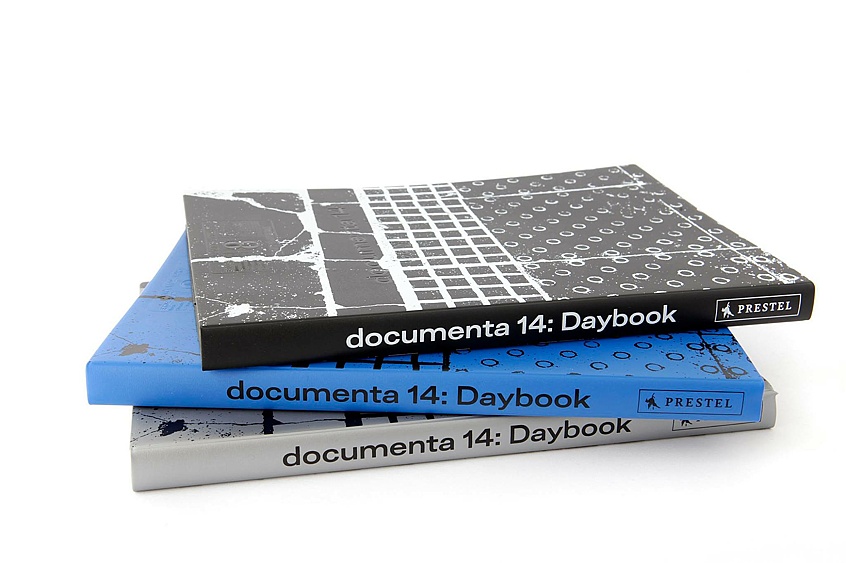We are singular beings, but never identical to ourselves, I thought when Hiwa K asked me to play the piano part of Nick Cave’s “Stagger Lee” for his performance The Barkeeper Is Not Dead … Yet, on the occasion of the artist receiving the Arnold Bode Prize in Kassel in 2016. I had never before played piano, nor any other instrument, yet for Hiwa K I did.
Born in the Iraqi Kurdistan city of Sulaymaniyah in 1975, and now living in Berlin, Hiwa K was once a realist painter in his native country—and he continues to be one, though he doesn’t paint anymore. He is a social realist who doesn’t aim for an accurate depiction of a reality that could be but reinvents and transforms the reality at hand. For the Venice Biennale curated by Okwui Enwezor in 2015, he showed a bell cast out of military waste from the Iraq-Iran War (1980–88) and both Gulf Wars (1991, 2003), adorned with reliefs based on ancient works of art destroyed by such conflict in the Middle East. As the junk melted, and was given a new form, all the deafening noise of war was transformed into a resonant sound.
In his video This Lemon Tastes of Apple (2011), we watch Hiwa K marching with a crowd of protesters while playing Ennio Morricone’s tune from “Once upon a Time in the West” on harmonica. Things get hot—the protesters are teargassed and shots are fired, wounded men are carried past, bleeding. The march resumes amid chanting; Hiwa K plays as Daroon Othman seconds him on guitar. A lemon is passed from person to person, soothing the effect of the tear gas. Hiwa K recounts:
Saddam Hussein called Kurdistan–Northern Iraq “Allah’s paradise on earth.” I started to understand the irony after 1988 when I was told by some of our relatives who survived the chemical attack in Halabja that the chemicals smelled of apple.
This Lemon Tastes of Apple was shot on April 17, 2011, in Sulaymaniyah. The protest, never properly covered by international media, demanded the right to participation in the political process and the equal access of citizens to the country’s wealth. As curator Aneta Szyłak aptly puts it, the work occurred within the protest and is not a work about the protest. And it is from within this vast space of social dissent that Hiwa K acts—reminding us that we are ever in between, and that, even on arrival, we only look back to where the journey has begun and to where we shall, perhaps, never return.
—Adam Szymczyk




